Humor as a Culture Builder: How Laughter Helps Teams Thrive
Laughter may seem like a small thing, but in the workplace, it can be a serious force for connection and resilience.
Research shows that humor not only relieves stress but strengthens team cohesion, builds trust, and helps organizations navigate change more effectively. Humor helps us thrive, together.
Why Humor Belongs at Work
In professional settings, humor is often viewed as unproductive or even inappropriate. But the science tells a different story. Humor can reduce stress, promote creativity, support mental wellbeing, and contribute to stronger workplace relationships, especially when modeled by leadership.
When used skillfully, humor can make difficult conversations easier, foster a sense of belonging, and increase engagement. In fact, studies show that employees who perceive their leaders as having a good sense of humor experience higher levels of psychological safety and job satisfaction (Yam et al., 2018).
Humor also plays a role in resilience. Laughter helps teams bounce back from stress, process emotions, and maintain perspective. This is especially important in high-pressure roles or fast-changing environments, where the ability to reframe challenges and stay connected makes a measurable difference.
The Health Connection
Laughter has been shown to lower blood pressure, reduce stress hormones, and increase pain tolerance. It stimulates the release of endorphins and boosts mood, all of which contribute to overall wellbeing. And the benefits go beyond mental health.
A study from The Japanese Journal of Psychology found that employees who regularly used humor reported better physical and mental health, along with higher self-rated job performance (Maruyama & Fuji, 2016).
In group settings, shared laughter also improves communication and increases team trust, creating a positive feedback loop that supports both health and productivity.
Humor as a Culture Signal
Culture isn’t what’s written on a poster. It’s what’s modeled, encouraged, and reinforced every day, and humor can be a powerful signal of what’s safe and valued at work.
When leaders use humor authentically (not sarcastically or at others’ expense), it sets a tone of openness and humanity. It gives permission for employees to bring more authenticity to work, which in turn fosters connection and psychological safety. This helps teams navigate conflict more constructively, problem-solve more creatively, and support one another through uncertainty.
A culture that embraces appropriate, inclusive humor tells employees: you belong here, you matter, and it’s okay to be human.
Getting Started: Bringing Humor Into Your Workplace
You don’t need to be a stand-up comic to make your team laugh. In fact, humor in the workplace is often most powerful when it’s spontaneous, warm, and grounded in authenticity.
Here are a few ways to build a more joyful, human-centered culture:
Start meetings with a moment of lightness. Sharing a meme, gif, or participating in a fun icebreaker can help people relax and connect.
Celebrate small wins with humor. Instead of just metrics, recognize fun moments like “quickest unmute reflex” or “best failed initiative” that celebrates an innovative attempt, even if it wasn’t a win.
Model it at the top. When leaders laugh, employees follow. Appropriate self-deprecating humor or gentle levity in difficult moments builds trust (Wisse & Rietzschel, 2014).
Encourage social connection. Create space for informal interactions, inside jokes, or playful team rituals. Even virtually you can cultivate engagement with something like “drop your favorite food emoji in the chat”.
Just like gratitude or mindfulness, humor is a skill that can be cultivated. When it becomes part of your culture, the benefits ripple outward.
Laughter might not be a line item on your strategic plan, but maybe it should be. It reduces stress, strengthens relationships, and helps teams thrive through uncertainty.
If your workplace feels heavy, humor might be the light your people need.
If you value our work, consider making a donation to help us continue providing evidence-based resources and meaningful conversations. Every contribution makes a difference.


